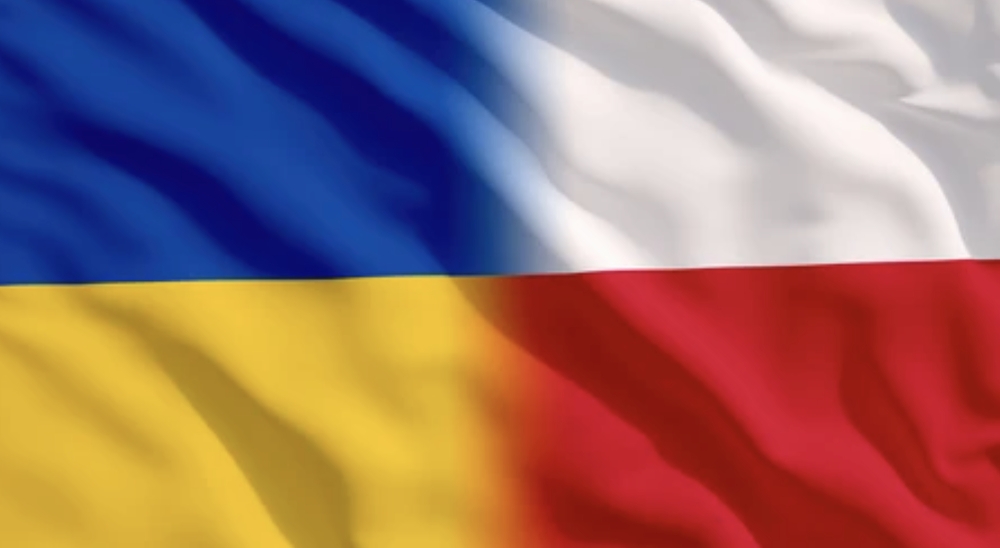The Ukrainian Foreign Ministry summoned Polish Ambassador Bartosz Cichocki on Tuesday over the remarks made by Marcin Przydacz, the Polish president’s chief of staff, who criticized the Ukrainians for their lack of understanding over Poland’s position on the Ukrainian grain embargo.
Przydacz said that Poland had to protect the interests of its farmers at harvest time and that Ukraine had already benefited from huge support from Poland. “It would be good if it started to value all the help it has received from Poland,” Przydacz added.
During the meeting at the Ukrainian Foreign Ministry, Poland’s Ambassador Bartosz Cichocki was told that Przydacz’s remarks on “Ukrainian ingratitude” were “unacceptable.” In response, late on the same day, the Polish Foreign Ministry requested that the Ukrainian ambassador should come to the ministry to discuss statements made by Ukrainian officials.
Poland’s Prime Minister Mateusz Morawiecki reacted strongly on Twitter. “Summoning the Polish ambassador, the representative of a country that had been the only one that stayed in Kyiv on the day of Russia’s invasion to the Ukrainian Foreign Ministry should never have happened. This should not be happening when the international community is facing war and given the enormous support Poland has given Ukraine. Such mistakes should not be made. We will defend Poland’s good name, our security, and will not allow for the interests of any country to override those of Poland,” he wrote.
Earlier, President Volodymyr Zelensky’s deputy chief of staff, Andrey Sibiga, had slammed Poland for pursuing its self-interest over the grain embargo and said that attempting to pressure Ukraine when it is at war was tantamount to betrayal.
Sibiga expressed dismay at any suggestion that Ukraine is ungrateful for the support it has received and accused Poland of trying to leverage the help to realize its own interests. “In these extraordinary circumstances, putting Ukraine under pressure to accept Poland’s embargo on Ukrainian food produce is asking us to commit suicide in return for help,” he added.
He also argued that Ukrainian men and women were laying down their lives for a common cause with Poland.
Mateusz Morawiecki and his government are currently lobbying the European Commission to extend the embargo on Ukrainian grain entering the Polish, Slovak, Hungarian, Romanian and Bulgarian markets until the end of the year. The embargo is due to end on Sept. 15, and Ukraine has been lobbying for it to be scrapped so that it can sell its produce freely on all EU markets.
Poland’s position in the dispute is that it had originally supported opening up the market for Ukrainian grain in response to the problems Ukraine was having exporting via its Black Sea ports at a time of war. However, the understanding was that the grain would transit through Polish ports and on to the African and Middle Eastern destinations that could not be reached via the Black Sea.
However, the Black Sea ports began exporting grain from Ukraine as a result of a grain deal negotiated with Russia by the United Nations. Meanwhile, Ukrainian grain kept pouring into Poland, and instead of moving on to other countries, it stayed in Polish silos. This enraged Polish grain farmers and led to the resignation of Poland’s minister of agriculture this past spring.
It also led to Poland imposing a unilateral grain embargo on Ukraine, which was later turned into an EU embargo involving the five EU member states bordering Ukraine. The embargo, however, allows for the transit of Ukrainian grain through these countries to those EU states who want to buy Ukrainian grain. Prime Minister Mateusz Morawiecki recently stated that regardless of the decision by the European Commission on the grain embargo, Poland would continue the ban.






